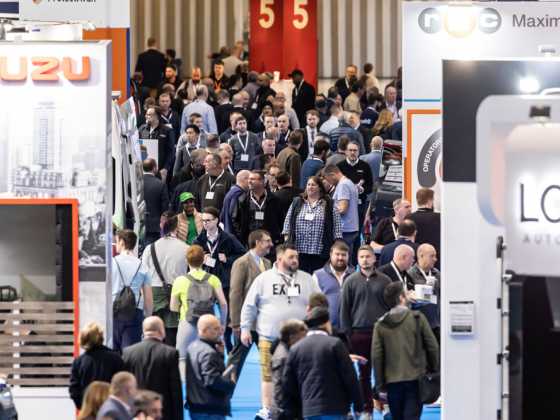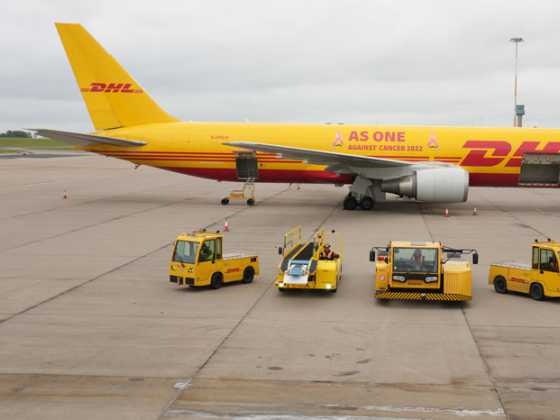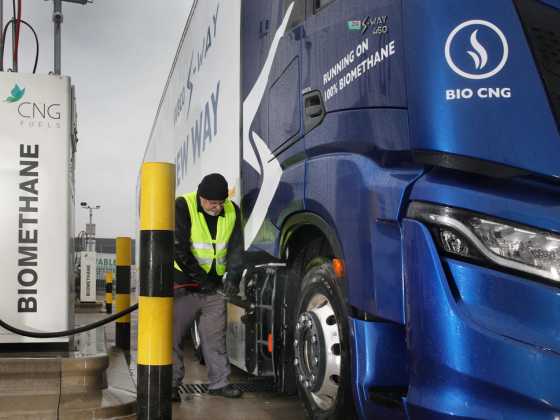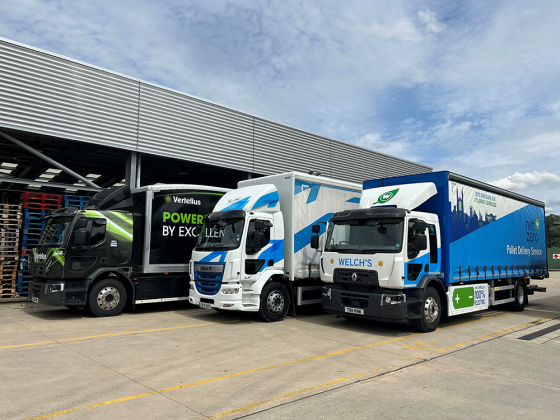Giving orphan cars a home on British soil
The British automotive industry has committed to helping thousands of consumers recycle their old vehicles with a free take-back service, designed to help owners whose brand may no longer sell in the UK. GreenFleet analyses the details.
 Under the End of Life Vehicles (ELV) Directive, when cars and vans up to 3.5-tonnes reach the end of their lives they must be disposed of in an environmentally responsible way. However, while manufacturers provide this service free of charge, some motorists can face difficulties if the brand is no longer trading and has no parent company. When this happens, the car or van becomes what is deemed an ‘orphan vehicle’.
Under the End of Life Vehicles (ELV) Directive, when cars and vans up to 3.5-tonnes reach the end of their lives they must be disposed of in an environmentally responsible way. However, while manufacturers provide this service free of charge, some motorists can face difficulties if the brand is no longer trading and has no parent company. When this happens, the car or van becomes what is deemed an ‘orphan vehicle’.
On behalf of its members, The Society of Motor Manufacturers and Traders (SMMT) has decided to take on responsibility for such vehicles by partnering with recycling company Autogreen to ensure that all unclaimed cars and vans can be disposed of and recycled responsibly – with no cost to the consumer.
This scheme will be especially valuable to owners of orphan vehicles in remote areas of the country who can find it difficult to get to a recycling point. Autogreen has committed to collect vehicles nationally, to make sure that all vehicles can be easily disposed of in a safe, environmentally friendly way for free.
Efficient recycling
Cars are already one of the most efficiently recycled consumer products, with manufacturers now tasked with recycling and recovering at least 95 per cent of old vehicles. Vehicle manufacturing plants are also following this trend, with less than two per cent of their waste going to landfill in 2014, down from around a quarter of a decade previously and representing a 90 per cent reduction since 2000. In the same period, energy and water usage have been cut by 48.1 per cent and 43.6 per cent respectively, while ‘well to wheel’ CO2 emissions are down by a significant 40.2 per cent per vehicle produced.
The new take-back system will help ensure that the estimated 700,000 orphan vehicles still on British roads have a route to responsible disposal.
Mike Hawes, SMMT chief executive, said: “This new partnership is further evidence of just how seriously UK vehicle manufacturers take their environmental responsibilities. The industry has a strong record, not just on recycling, but on emissions, energy and water usage reduction as a result of huge investments into innovative technologies, production processes and facilities. Thanks to this latest initiative, every motorist in Britain can now be assured that when their vehicle reaches the end of its life it will be disposed of in a way that is not just ecologically sound, but cost-free – no matter where they live.”
Scrappage Allowance Scheme
British manufacturer Vauxhall re-launched its Scrappage Allowance scheme in October 2015, which allows customers to take advantage of a £2,000 (including VAT) scrappage trade-in against most new passenger cars in its range.
To qualify for the scheme, customers must have owned their trade-in vehicle for a minimum of 90 days, while there is no upper age limit for cars with any manufacturer’s vehicle accepted. As part of the scheme, vehicles must be traded-in and scrapped to be eligible for the allowance. All surrendered vehicles are handled by Autogreen (also Vauxhall’s official contracted end of life vehicle partner) through their online platform.
Leon Caruso, Vauxhall’s Retail Sales Director, said of the scheme: “Vauxhall’s Scrappage Allowance scheme makes buying a new car even more affordable. Even customers who think that their current car is only worth a few pounds can now turn it into a £2,000 contribution towards the cost of a new Vauxhall – and that’s over and above any other deals they negotiate with the retailer, including free insurance on Adam Slam and Corsa Limited Edition.”
Elsewhere, Jaguar has revealed that its new Jaguar Land Rover models will contain new recycled aluminium alloy, containing up to 75 per cent recycled material. Part of Jaguar’s REALCAR programme, all Jaguar Land Rover models will now be made using recycled aluminium following the car maker’s eight‑year research project with the world’s leading aluminium recycler, Novelis. This follows the news that the last iconic Land Rover Defenders have been rolled off of the production line.
Pierre Labat, vice president of automotive at Novelis Europe, said: “Novelis’ new RC5754 alloy not only meets the high recycled content threshold required by Jaguar Land Rover’s REALCAR project, but also it delivers the strength, durability and formability specified by world-leading Jaguar Land Rover engineers.”
Further Information
bit.ly/1pa4dlf






